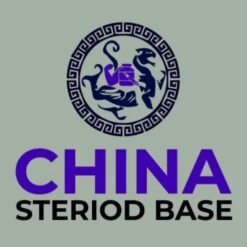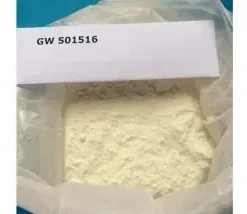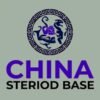Gw501516 CasNO.317318-70-0 Sarms Bodybuilding Supplements GSK-516 Cardarine GW-501516 Powder
Appearance:White Powder
Other Name:Andarine
Shipping Method:EMS, HKEMS, FEDEX, DHL, UPS, Aramex, ETC
Stroage Temp:0-6°C
MF:C21H18F3NO3S2
MW:453.5
High Light:sarms bodybuilding supplements, sarms steroids
Cardarine (GW-501516) Applications
GW501516 (also known as GW-501,516, GW1516, GSK-516 and on the black market as Endurobol) is a PPARδ receptor agonist that was invented in a collaboration between Ligand Pharmaceuticals and GlaxoSmithKline in the 1990s, was entered into clinical development as a drug candidate for metabolic diseases and cardiovascular diseases, and was abandoned in 2007 because animal testing showed that the drug caused cancer to develop rapidly in several organs.
In 2007 research was published showing that high doses of GW501516 given to mice dramatically improved their physical performance; the work was widely discussed in popular media, and led to a black market for the drug candidate and to its abuse by athletes as a doping agent. The World Anti-Doping Agency (WADA) developed a test for GW501516 and other related chemicals and added them to the prohibited list in 2009; it has issued additional warnings to athletes that GW501516 is not safe.
Cardarine (GW-501516) Usage
Usage An experimental drug meant to control lipids and increase the level of HDL, or good cholesterol, in the bloodstream. A cell-permeable, thiazolyl compound that acts as a potent, high affinity, PPARd agonist. Exhibits selectivity for PPARd compared
Usage An experimental drug meant to control lipids and increase the level of HDL, or good cholesterol, in the bloodstream. A cell-permeable, thiazolyl compound that acts as a potent, high affinity, PPARδ agonist. Exhibits selectivity for PPARδ compared to PPARα and PPARγ. Does not exibit any activity against other nuclear or non-nuclear receptors. Reported to increase cholesterol efflux and ABAC1 expression in macrophages, fibroblasts, and intestinal cells.






Reviews
There are no reviews yet.